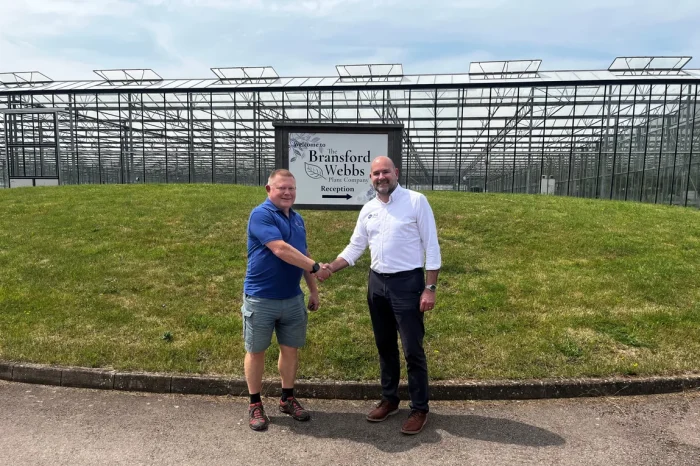Nottingham tech news as AI project aims to cut CO2 emissions

Researchers at the University of Nottingham have secured a portion of £1 billion in funding for a project aimed at lowering CO2 emissions through the development of an AI system. This system is designed to enhance the precision of short-term weather forecasts for photovoltaic (PV) energy production.
As the UK advances towards its net-zero goals, the reliance on PV energy is anticipated to grow as a cleaner alternative to conventional energy sources such as coal. However, PV energy production is inherently dependent on weather conditions and requires battery storage to maintain a steady supply, underscoring the importance of accurate weather predictions.
Traditional forecasting techniques, which often rely on satellite imagery covering extensive areas, can be compromised by cloud cover, leading to less reliable predictions that could negatively impact PV panel efficiency. In contrast, the innovative AI model being developed by the University of Nottingham aims to merge sky imagery with numerical weather predictions to significantly enhance forecast accuracy by over 10%.
Professor Yupeng Wu, Chair in Building Physics in the University of Nottingham’s Faculty of Engineering, said: “We will use fisheye lens cameras, which will be placed on the ground to monitor the sky and capture images that will be inputted to our AI model, combined with weather data and temperature regulations to provide us an in-depth snapshot of the weather over the next ten minutes in that specific location.”
“While ten minutes may not seem like a long period of time, the way we’ll be using the data is specifically linked to grid management. Our forecast will be able to ‘warn’ the grid as to how much PV is likely to be produced and, therefore, how much power is needed from the battery to ensure the power supply is balanced.”
Nottingham is among eight AI projects chosen throughout the UK as part of the government’s AI for Decarbonisation Innovation Programme, supported by the £1 billion Net Zero Innovation Portfolio (NZIP).
Two pilot locations have been identified in Nottingham: one atop the Research Acceleration and Demonstration Building at the university’s Jubilee Campus, and another at the Aldi Warehouse in Long Eaton. The aim is that this technology can be expanded in the future.
“Our long-term goal is to not only be able to integrate our AI model into the main system at local weather stations so that we can improve forecasts, but also to help the future PV network and allow companies to manage their energy more sustainably.”




